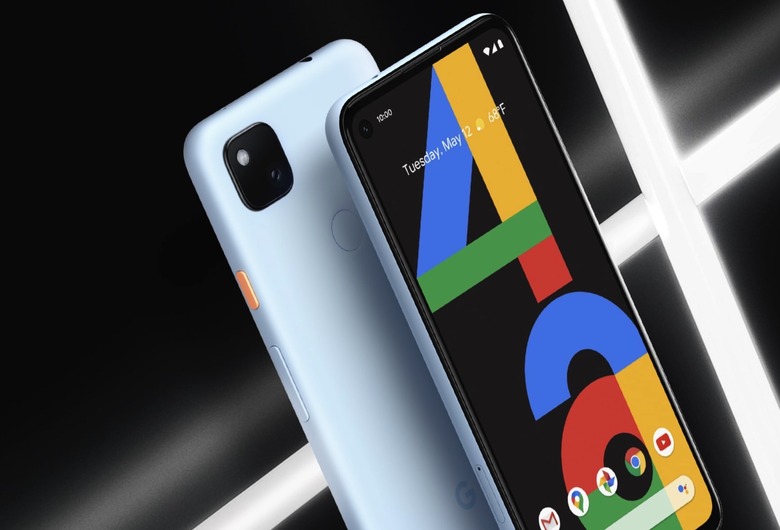Leak Reveals An Awesome New Android 12 Feature That Users Will Love
- Google is working on a new storage feature that might be included in the Android 12 update set to launch later this year.
- Called app hibernation, the feature will allow users to free up storage by having the system automatically hibernate unused apps.
- The feature sounds a lot like the Offload Unused Apps iPhone storage feature that Apple announced a few years ago.
The newly launched Galaxy S21 comes without expandable storage support, a controversial move that Samsung pulled in the past. Back then, Samsung was quick to reinstate microSD to appease customers. But now, it might be different. Google's Pixel also lacks microSD storage, as do the OnePlus phones. The Galaxy S21 wouldn't be the first Android to lack a card slot. The difference between iPhone and Android handsets is that Android handset makers pack more storage for the cheapest model, regardless of whether the phone comes with microSD card support or not. Technologies like 5G support, better processors, and 4K and 8K video, will only make it easier for people to gobble up more data and require more storage. That's where Google's newest Android feature might come in hand. Google is working on an app hibernation feature that might be available as soon as Android 12 launches.
The Android 12 developer preview might be just a few weeks away, although it's unclear whether the new app hibernation feature will be ready for beta testing as soon as that. What the feature does is to eliminate unused apps when not needed to optimize storage. The personal data would stay, so you'd be able to use those apps whenever they're needed.
We all have those apps neatly tucked away in folders for that one particular feature we think we might need. Rather than downloading the app when needed, we tend to install and never look at it again. Before you know it, there's a whole collection of apps on your phone or tablet that you could do away with.
Back in 2017, Apple released an iOS 11 storage feature called Offload Unused Apps. If enabled, the Offload feature would automatically remove those apps you've been hoarding without removing the personal data. More storage is made available to your needs immediately, and you won't have to worry about backups and data loss. The feature can come in handy on iPhone and iPad devices with low storage. Android app hibernation seems to be a variation of that.
So the first details of Android's app hibernation feature are here. If an app is hibernated for a single user, the system will clear cache. Google will add more for package-level hibernation (app is hibernated for all users).
Source: https://t.co/q16Md5dKNu
H/T @luca020400 https://t.co/UC4JEoJI7f pic.twitter.com/9bqq1RjeBr
— Mishaal Rahman (@MishaalRahman) January 15, 2021
The Android 12 feature was first leaked a few days ago, and xda-developers found more details. Code changes submitted to AOSP explain how the feature will work, confirming that it will optimize storage on devices:
System service that manages app hibernation state, a state apps can enter that means they are not being actively used and can be optimized for storage. The actual policy for determining if an app should hibernate is managed by PermissionController code.
The feature's actual functionality isn't detailed, so it's unclear how it'll work, but Google has plenty of time to explain it once it's ready to roll out. But app hibernation will certainly come in handy on those devices where even 128GB of storage feels inadequate.
